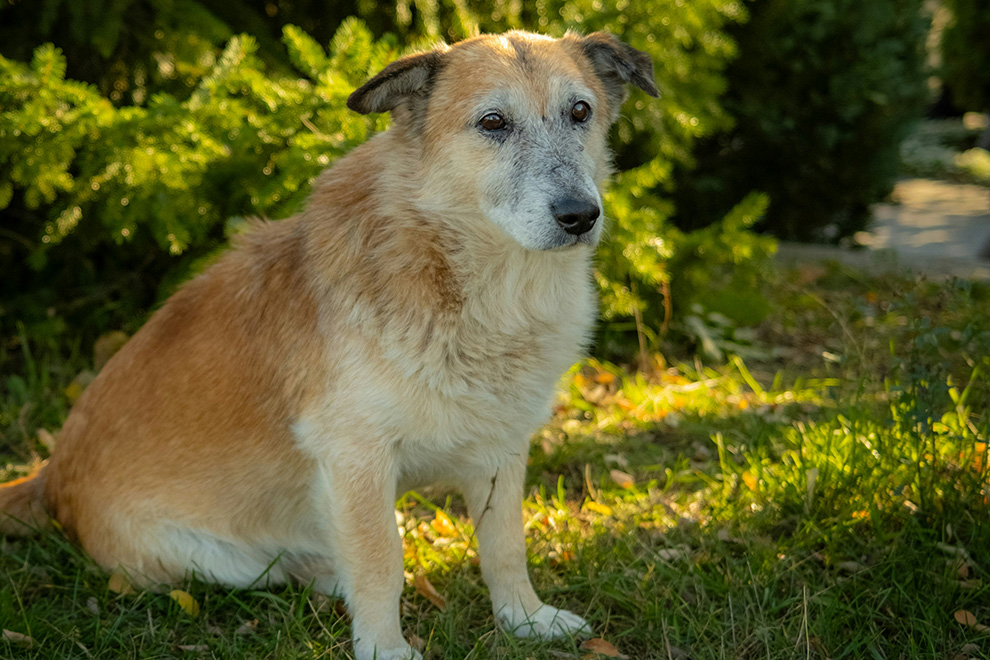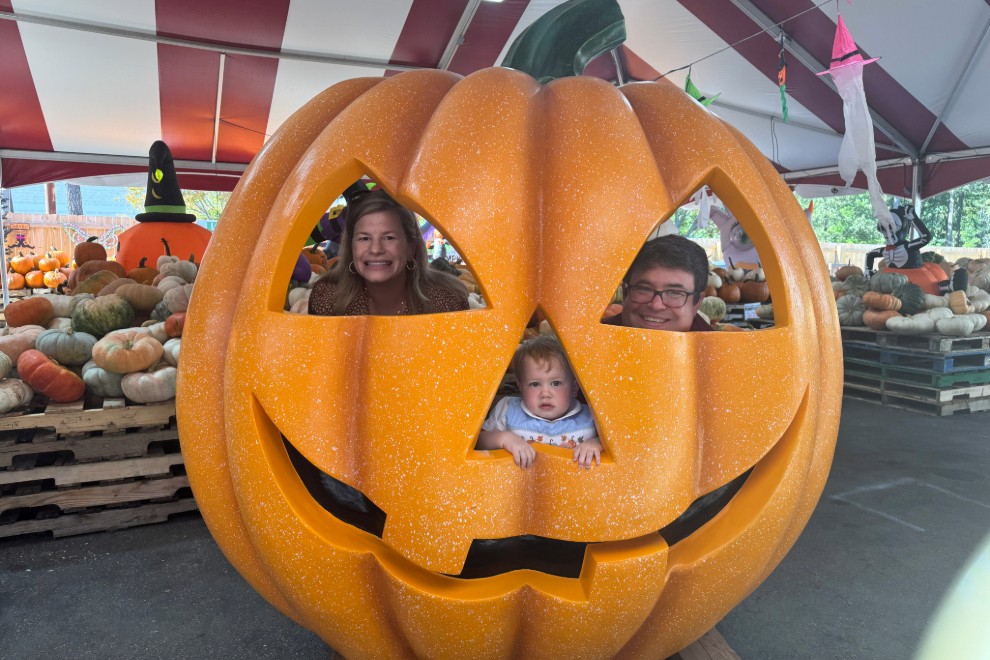SMITHTOWN, N.Y., Jan. 3, 2013 — Every holiday season,
many people around the country get a new family gift that will last for
the next 15 years or so. When they opt to add a puppy to the family, it
may start out to be exciting, only to lead to numerous questions once
the initial play-time wears off and it’s time to go to bed. Getting the
right answers to those questions, however, can make a world of
difference.
“Depending on where you get the answers to the questions, it can make a
big difference in the relationship you create with your puppy,”
explains Robert Misseri, president of Guardians of Rescue, an
organization dedicated to helping animals in need. “You want to get
things off to the right start and help everyone adjust well, so it is
important to stick to a few basic guidelines to make it happen.”
Here are the top 10 tips for taking care of a new puppy, right from the
start:
— Crate your dog right from the beginning, in order to help train. Many
people feel badly about putting them in there, but this is the best way
to work through the training process.
— Work with a professional dog trainer in order to get consistent and
reliable puppy-training advice.
— Plan to walk the puppy frequently. After all, they tend to need to
urinate every hour, because their bladder is so tiny. Also, limit their
water intake after 9 p.m. in order to help them make it through the
night. They also need frequent walking so they get exercise.
— If there are other pets in the home, the introduction needs to happen
slowly, and there needs to be a lot of patience. Often, it can take
months before they become completely comfortable with one another.
Discuss any concerns regarding this with the professional trainer.
— Puppies tend to communicate with their mouths, by biting, so be sure to
teach them not to, by saying “no bite.” They will learn quickly.
— Plan to spend time with the new puppy. They require a lot of time, love,
and patience in order to be properly trained. Those who work should find
a dog walker or area teen who can spend time with the puppy each day.
— Consider, in advance, whether there are any allergy concerns regarding
having a pet in your home. If you find there is an allergy concern, you
can visit your doctor and get medication to alleviate it. Sometimes
people just need an adjustment period to desensitize their immune
response.
— Train your dog from the beginning in the behaviors that are expected. If
you don’t want a full-grown dog jumping up on the couch or your bed, or
gnawing on your hands or shoes, then start by teaching the puppy not to
do it.
— Make sure that you are committed to this pet before bringing it home.
Pets are living creatures and are a long-term commitment, both
financially and regarding daily involvement. If things don’t work out,
and you have exhausted all options and must re-home, then take personal
responsibility for finding a loving home to place him in, or locate a
reputable no-kill shelter.
— Be patient. Puppies take time to adjust and get trained. Give them the
time, love, and patience they deserve.
“You will get out what you put in tenfold,” added Dori Scofield, vice
president of the organization. “Animals naturally want to learn and
please you. Taking the time to train your dog properly will reward both
you and your pet with a lifelong relationship filled with love and
companionship.”
Guardians of Rescue provides assistance to animals out on the streets,
helping to rescue them, provide medical care, food, shelter, and find
foster home placement. They have also been instrumental in helping the
animals that were impacted by Hurricane Sandy. Many families are still
struggling to recover from the storm, making it difficult to care for
their pet, either financially or while living in temporary housing. To
learn more, or to make a donation to support the Guardians of Rescue,
log onto www.guardiansofrescue.org.
About Guardians of Rescue
Based in New York, Guardians of Rescue is an organization whose mission
is to protect the well being of all animals. They provide aid to
animals in distress, including facilitating foster programs,
rehabilitation, assisting other rescue groups, and providing support to
families, both military and not, who need assistance due to economic
factors. To learn more about Guardians of Rescue, visit the site at
www.guardiansofrescue.org.





